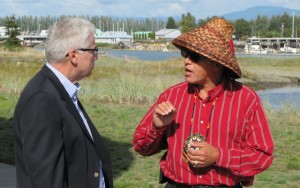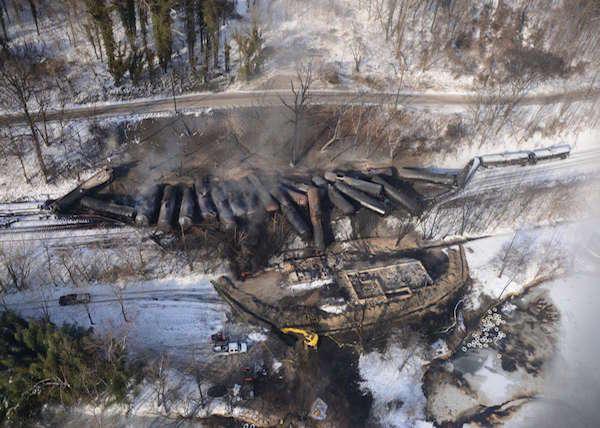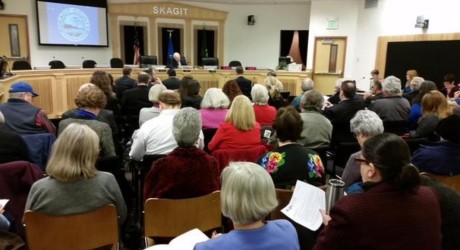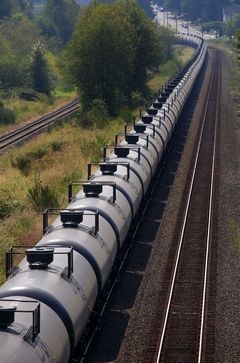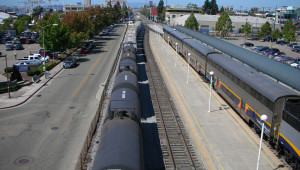By Shannen Kuest, Skagit Valley Herald, goskagit.com
A federal judge ruled Friday that a lawsuit filed by the Swinomish Indian Tribal Community against BNSF Railway over oil train shipments may continue in federal court.
U.S. District Judge Robert Lasnik denied a motion by BNSF to refer key questions to the Surface Transportation Board, a three-member board in Washington, D.C., that oversees railroad operations, according to a news release.
The Swinomish tribe sued BNSF in April for violating the terms of an easement agreement allowing trains to cross its reservation in Skagit County.
The lawsuit concerns train tracks laid along the northern edge of the reservation in the 1800s without consent from the tribe or federal government. The tracks serve two Anacortes oil refineries, and in 1976 the tribe filed a lawsuit for nearly a century of trespass.
In 1991, the tribe and BNSF signed an agreement settling that lawsuit and granting BNSF an easement with several conditions: BNSF would regularly update the tribe on the type of cargo, and only one train of no more than 25 railcars would cross the reservation in each direction daily. In exchange, the tribe agreed not to “arbitrarily withhold permission” from future BNSF requests to increase the number of trains or cars.
The tribe learned from media reports in late 2012 that “unit trains” of 100 railcars or more were beginning to cross the reservation. Today, BNSF is reportedly running six 100-car unit trains per week across the reservation, more than four times as many railcars daily as permitted by the easement, according to the release.
Each of these trains carry between 2.8 million and 3.4 million gallons of Bakken crude, a particularly explosive cargo that has drawn the attention of lawmakers and federal regulators.
The tribe never granted permission to increase the number of railcars and repeatedly demanded that BNSF stop violating the easement. So far, BNSF has refused.
BNSF argued it has a responsibility to provide service, even for hazardous commodities, and that the easement doesn’t give the tribe power to “dictate the commodities that BNSF can handle over the line,” according to the release.
Tribal attorneys argued that the tribe does not want to regulate BNSF operations, but wants BNSF to live up to its contractual obligations.
Lasnik agreed, writing in a six-page ruling that, “In the context of this case, referral to the (transportation board) is neither efficient nor necessary.”
The lawsuit seeks a permanent injunction prohibiting BNSF from running more than one train of 25 cars in each direction and shipping crude oil from the Bakken region across the reservation. The tribe also seeks judgments against BNSF for trespass and breach of contract.


